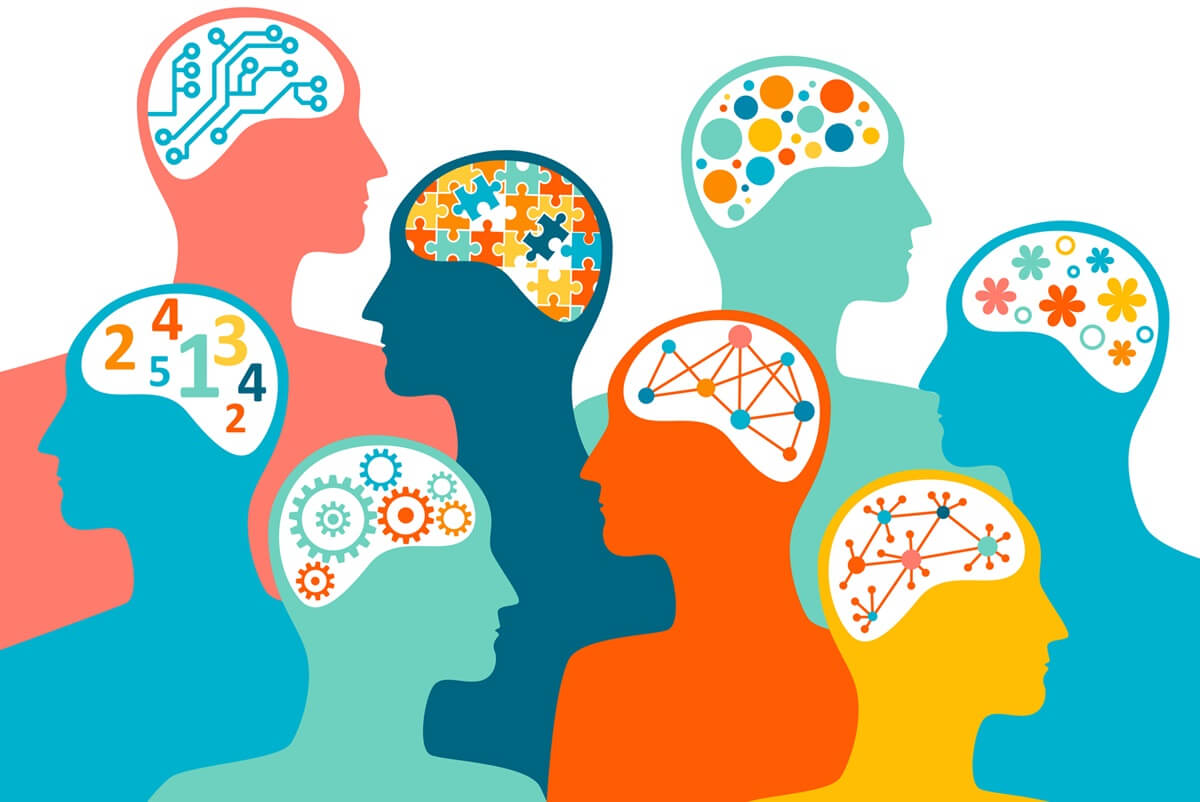Many individuals with autism, ADHD and dyslexia, along with other disabilities, are professionally qualified to join the workforce and actively contribute to the economy. But if this is the case, why are up to 85% of college graduates with autism unemployed or underemployed?
Let us start with some background on neurodiversity. Neurodiversity explains when differences in brain function, which may be present from birth or be acquired after illness or injury, lead individuals to communicate, learn, process information and socialize in unique ways. These differences can be meaningful in the workplace. According to various studies, neurodiverse individuals strengthen the workplace with their creativity and different ways of thinking, higher loyalty and greater performance, and reliability and trustworthiness. These individuals can struggle with social interaction, changes in routines, and verbal processing, but they can also flourish when provided with reasonable accommodations.
Social stigma, unfortunately, is still attached to their traditional diagnostic labels like – autism, ADHD and dyslexia, for example – due to misunderstandings associated with their disability. For instance, a study by the Institute of Leadership & Management found that half of the managers who participated in the survey agreed they would be uncomfortable employing or managing someone who is neurodiverse. One-third of managers were reluctant to hire someone with Tourette’s syndrome or ADHD more than any other disability. This figure decreased to:
- 26% for dyscalculia and autism
- 19% for dyspraxia
- 10% for dyslexia
The study urged employers to provide inclusion training for all employees to address this issue. As a result of common misconceptions, employers miss out on hiring an untapped talent pool and receiving their valuable and diverse contributions.
When looking at neurodiverse individuals in the current workforce, many choose not to disclose their disability to avoid the stigma and possible adverse reactions from employers that may negatively affect their career outlook.
This issue can result in some employees not receiving the support they need to reach their full potential. The lack of education and training required to create cultural acceptance and accommodations for employees such disabilities is an obstacle to retaining them.
As people become more self-aware of their cognitive variances, their demand for companies to expand inclusion and diversity training efforts to include focus on neurodiversity will grow. Therefore, employers striving for 100% inclusion will need managers to work together to become more accepting of neurodiverse individuals and rethink how they can support their career development. The way to do that is to start with understanding and awareness, and the way to begin with awareness and understanding is through education and training.
According to an NDGiFTS survey the most significant barrier to hiring and retaining neurodiverse talent is limited training & support resources. Neurodiversity inclusion training can prevent stigma, bias and misperceptions in the workplace, and is therefore critical to facilitate this culture change.
An effective team welcomes different perspectives that contribute to the success of an organization. Teams struggle to deliver when only a few members are heard. With education and training on neurodiversity, you can develop the skills that allow everyone to work better together toward common goals and achieve great results.
RethinkCare provides best-in-class neurodiversity inclusion training and clinical support for implementing strategies to drive workplace inclusion and strengthen your interpersonal skills at scale. We help you work better and communicate more effectively with your peers who may think and process information differently while facilitating social-emotional growth. Leaders, managers, HR teams and peers can enroll to access online modules and downloadable resources to understand neurodiversity, build empathy, increase cooperation, promote respect and more.
We want to leave you with one of the first steps for addressing roadblocks to understanding and acceptance—active listening. Active listening is the ability to focus entirely on a speaker, understand their message, comprehend the information, and respond thoughtfully. When leaders, managers, HR teams and peers use active listening, neurodiverse employees feel they can express themselves without being rushed or dismissed when disclosing a disability, requesting an accommodation related to their situation, bringing up a concern, and so forth. Here are essential steps you can take as a leader, manager, HR team or peer:
- Follow active listening techniques such as avoiding distractions, showing open body language, and reiterating main points.
- Affirm your support by providing workplace accommodations, mentoring, or job crafting.
- Follow through on accommodation plans and have both the employee and manager continue to check-in.
We encourage you to analyze your company’s neurodiversity readiness and make observations about the stigma, bias and misperceptions in order to knock down barriers that stand in the way of hiring and retaining neurodiverse talent.
Contact us to learn more about how Rethink may help your organization promote neurodiversity and inclusion.










